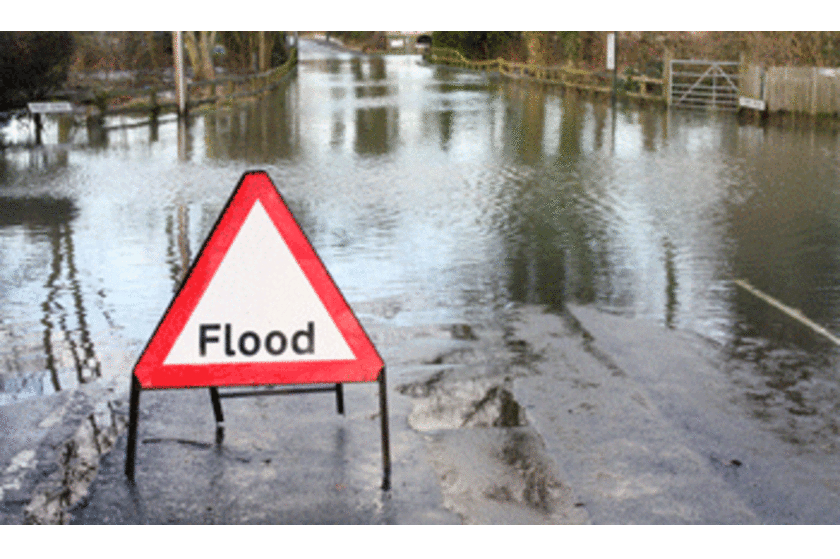The UKHSA report reveals that an increasing awareness of these longer-term impacts is also leading to increased anxiety about the future, particularly among children and young people. In the absence of appropriate interventions and adaptations, these impacts are likely to grow as the climate warms.
The report outlines that mental health impacts are not felt equally – farming, rural communities, those with livelihoods connected to the land and those with pre-existing health issues are at heightened risk.
There are steps that can be taken to reduce the burden placed on mental health and well-being from climate change, including implementing preparedness measures such as high-quality early warning systems and providing targeted mental health support for communities affected by adverse weather events.
Professor Lea Berrang Ford, head of the UKHSA Centre for Climate and Health Security, said: ‘Climate change is already impacting mental health, and these risks will increase as the climate warms and extreme weather events become more frequent and severe.'
She added: ‘There are practical and effective steps government and social care organisations can take to ensure adequate protection and support.'
Professor Robin May, chief scientific officer at UKHSA, said: ‘Crucially this report highlights there is much we can do to minimise the adverse impacts from climate change on mental health and we hope that it will help galvanise activity and lead to coordinated action in this area.'



